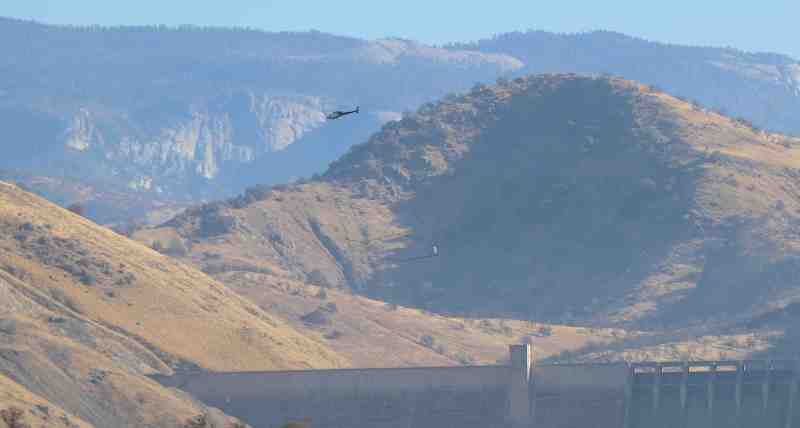A new study led by scientists at Stanford’s Water in the West program suggests that data-collecting platforms like Zillow can provide new insights into the intersection between water use and urban planning.
These findings are critical to “better understand the human dimension of water use” according to Newsha Ajami, one of the study’s authors and director of urban water policy at Water in the West.
Because Zillow users frequently and willingly share specific information about their homes, the researchers were able to generate more detailed data on a home-by-home basis than traditional collection methods would allow.
Key specifics found in Zillow’s data like house size and number of bathrooms are important metrics for researchers studying water use, according to data scientist Saahil Agrawal M.S. ’19, who worked on collecting and cleaning the data for the study. He added, “If you’re doing any analysis without taking those factors into consideration, to some extent, it would be a hollow analysis.”
The study looked at Zillow single-family housing data such as lot size, home value and number of rooms, in addition to government water-use billing data. By analyzing these infrastructure qualities in combination with the presence of smart water meters and modern plumbing systems, the researchers were able to overlay water usage findings with demographic data such as income, race, education and age from the U.S. Census Bureau. The researchers then formed data clusters using machine learning, which showed new water use patterns and predictions.
The findings suggest that houses with similar water consumption and needs tend to be located near each other. With these new insights, organizations may be able to create new and efficient plans for water conservation, according to Blue Forest Conservation project scientist Kimberly Quesnel M.S. ’15 Ph.D ’19.
For example, a decentralized water system would allow recycled water to be utilized for functions such as plumbing or irrigation, saving high quality, clean water for activities such as drinking, bathing and cooking.
The findings also contradicted the traditional belief that water demand grows with population. Researchers found that the growing urbanization of cities allows for increased water efficiency and lower total water usage.
Stanford urban studies professor Dehan Glanz, who is not affiliated with the study, said that the more compact and mixed-use an area can be, the more sustainable the area will become. Compact cities with buildings packed closely together and reduced backyard space, “coupled with aggressive energy conservation and recycling programs,” allow for more sustainable infrastructure that carries over to water conservation as well, Glanz said.
Increased water conservation is not an impractical goal either, according to Quesnel. During the recent California drought, households of all income reduced their water usage. The findings show potential for increased community-wide water efficiency, or the measure of how well a neighborhood utilizes its water supply to meet short and long-term demand.
However, increased water conservation may be inaccessible for lower-income households, according to Ajami. Infrastructure changes such as replacing appliances or switching to greywater (recycled water from sinks, baths and washing machines) may be too costly.
Nevertheless, data from companies like Zillow remains valuable to researchers.
“These companies have an extremely rich data source. That’s essentially their bread and butter,” Agrawal said. Companies like Zillow “want people to use [their data] for research purposes, and I would definitely encourage organizations to look for these opportunities,” he said.
Contact Mimia Ousilas at mimiaousilas7 ‘at’ gmail.com and David Han at davidhan4310 ‘at’ gmail.com.
